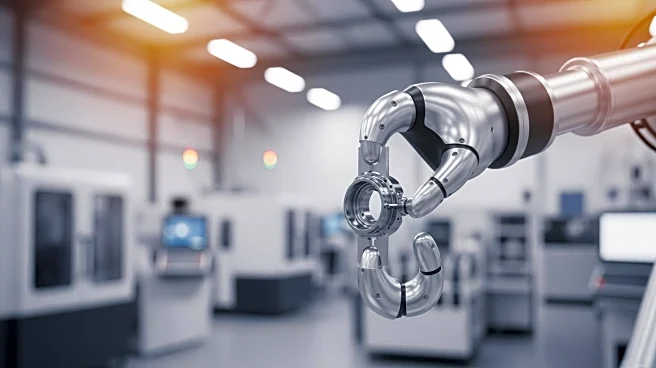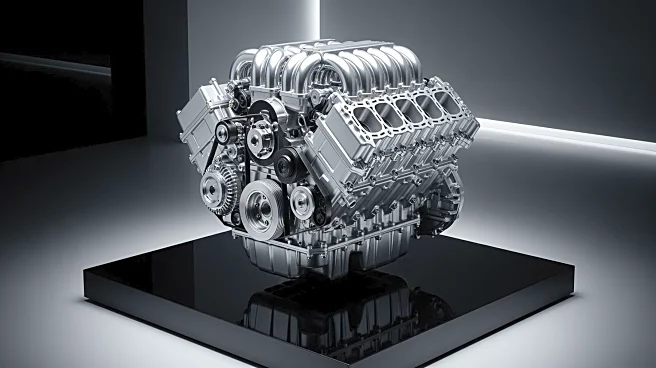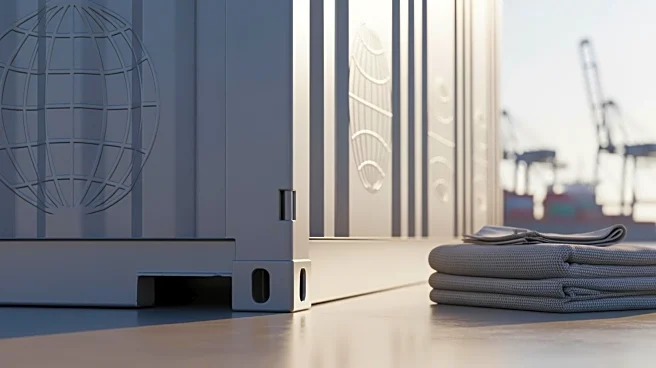What's Happening?
Fabric8Labs, a company specializing in Electrochemical Additive Manufacturing (ECAM), has announced a $50 million funding round to expand its U.S.-based manufacturing facilities. This expansion aims to increase production capacity from 5 million to 22
million components annually, addressing growing demand in thermal management, RF, and power applications. The funding was led by NEA and Intel Capital, with participation from existing and new investors. Fabric8Labs plans to enhance its team across various departments to support customer programs and production ramp-up in AI/HPC thermal management, RF/wireless, and power electronics.
Why It's Important?
The expansion of Fabric8Labs' manufacturing capacity is significant for the U.S. technology and electronics sectors. By increasing production capabilities, the company can better meet the demands of industries reliant on advanced thermal management and power electronics, such as AI data centers and vehicle electrification. This move also strengthens the U.S. manufacturing footprint, reducing supply chain risks and supporting innovation in high-growth industries. The investment underscores the importance of domestic production in maintaining technological leadership and supply chain resilience.
What's Next?
Fabric8Labs is poised to redefine manufacturing processes with its ECAM technology, which offers high precision and scalability. The company plans to showcase its first ECAM facility, highlighting the future of manufacturing. As demand for advanced components grows, Fabric8Labs' expansion will likely attract more partnerships and investments, further solidifying its position in the market. The company aims to continue innovating and supporting the next generation of AI infrastructure, electronics, aerospace, and energy systems.
Beyond the Headlines
Fabric8Labs' ECAM technology represents a shift in additive manufacturing, offering room-temperature metal additive manufacturing without expensive post-processing. This innovation could lead to broader applications across various industries, enhancing design freedom and efficiency. The company's focus on U.S.-based production aligns with national interests in boosting domestic manufacturing capabilities and reducing reliance on foreign suppliers.















